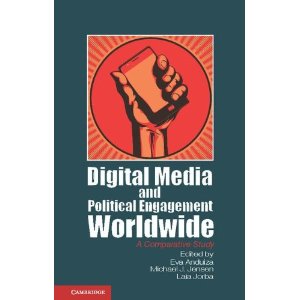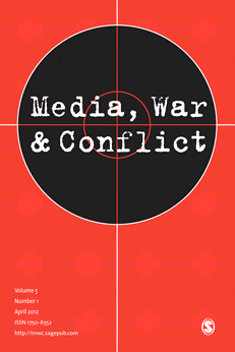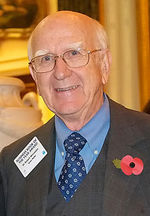On July 25th, two days before the opening ceremony, we are convening a conference on the Olympics, entitled "Olympics and the 'Isms'". As the details outline below and attached, we have assembled an international range of presenters to look at the broader ideological and socio-political implications of the Games. We are grateful for Jon De Souza from BBC World News who will contribute to a practical session in which participants will explore political discourses in Olympic promotional media.
We hope to generate a good discussion on the day, particularly regarding the various discourses surrounding this mega event and would like to see as many of you there as possible!
The conference will be held at Bedford Square from 10.00 am to 7.30pm. Please email us on olympismconference@gmail.com if you can come and we will register your name. Further details below.
OLYMPICS AND THE ‘ISMS’
INTERNATIONAL CONFERENCE
BEDFORD SQUARE, ROYAL HOLLOWAY UNIVERSITY OF LONDON
2 GOWER STREET, WC1E 6DP Map
25 JULY 2012, 10.00 am - 7.30 pm
The Olympic and Paralympic Games of the XXX Olympiad provide an excellent opportunity to explore the tensions within and between modern Olympic ideals and traditional ideologies (‘isms’). By seeking to sustain certain narratives and ideologies that precede the 21st century, the Olympics stand as an anomaly in our post/alter-modern times. At this one-day international conference practitioners and academics will look at both the practical and the broader socio-political implications from local and global perspectives. The afternoon includes a discourse analysis session on Olympic-related texts where all attendees have the opportunity to participate.
Key Note Address:
Alan Tomlinson (University of Brighton, UK): The mysterious magic of the Olympics
Presenters:
Arshad Abassi (International Islamic University, Islamabad): Olympics and politics: Sports as an instrument of “soft power"
Brian Bridges (Lingnan University, Hong Kong): Hong Kong’s sporting identities
Trina Bolton, Ngiste Abebe, Maggie Pavelka, and Morgan Pierstoff (U.S. Department of State’s Bureau of Educational and Cultural Affairs & Carnegie Mellon University, USA): Winning v losing “the Bid”: the silver lining for failed Olympic bids.
Jon De Souza (BBC World News): Constructing an Olympic trail for BBC broadcasts
Ran Gruenenfelder (Judo Coach to Swiss Team): Sports competitions between nations: Positive or negative nationalism
Carol Mei (University of Bradford, UK): Emancipating the image: The Beijing Olympics, regeneration, and the power of performance
Councillor Guy Nicholson (Hackney Council): Regeneration and the 2012 Olympic and Paralympic Games, a perspective from local government
Jill Timms (LSE, UK): Protesting the Games, protesting globalisation: The PlayFair 2012 campaign for workers’ rights at the London ‘ethical’ Olympics




